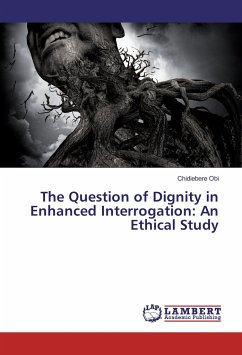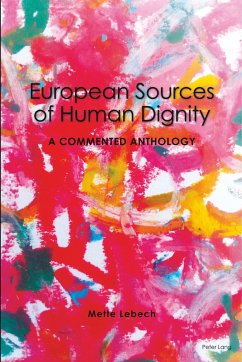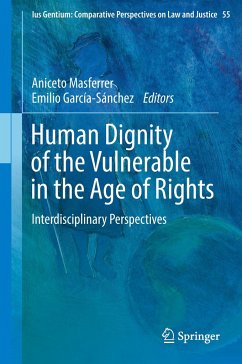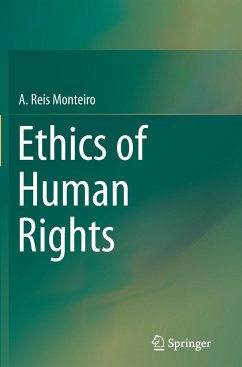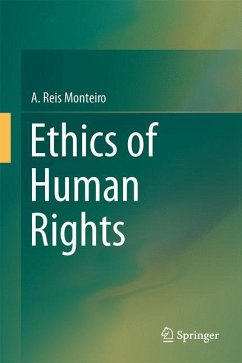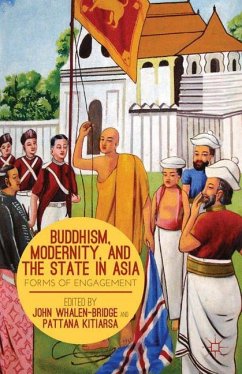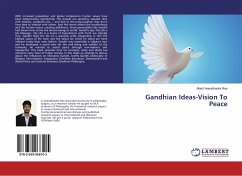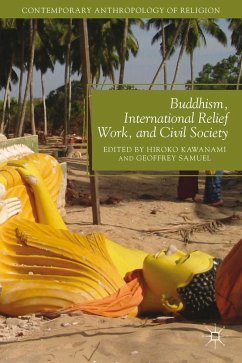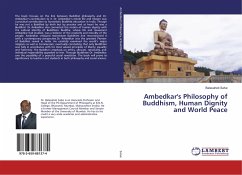
Ambedkar's Philosophy of Buddhism, Human Dignity and World Peace
Versandkostenfrei!
Versandfertig in 6-10 Tagen
22,99 €
inkl. MwSt.

PAYBACK Punkte
11 °P sammeln!
The book focuses on the link between Buddhist philosophy and Dr. Ambedkar's contribution to it. Dr. Ambedkar's whole life and mission was a practical contribution to humanistic Buddhist education in India. Though he was not a Buddhist by birth but by practice and at heart he was a Buddhist. Dr Ambedkar also connected the notion of human dignity with the cultural identity of Buddhism. Buddha, whose life and movement Ambedkar had studied, was a believer of the creativity and morality of the people. Ambedkar critiqued mainstream Buddhism and reconstructed it with a contemporary perspective.Dr. Am...
The book focuses on the link between Buddhist philosophy and Dr. Ambedkar's contribution to it. Dr. Ambedkar's whole life and mission was a practical contribution to humanistic Buddhist education in India. Though he was not a Buddhist by birth but by practice and at heart he was a Buddhist. Dr Ambedkar also connected the notion of human dignity with the cultural identity of Buddhism. Buddha, whose life and movement Ambedkar had studied, was a believer of the creativity and morality of the people. Ambedkar critiqued mainstream Buddhism and reconstructed it with a contemporary perspective.Dr. Ambedkar was the greatest Pioneer of Buddhist revival in India. He carefully examined the world's major religions as well as Communism, eventually concluding that only Buddhism was fully in accordance with his most valued principles of liberty, equality and fraternity. The Buddha's emphasis on ethics, altruism, rationality, and individual responsibility appealed to him. Through Buddhism Dr. Ambedkar saw the possibility of a peaceful social revolution. The book will prove its significance to teachers and students in both philosophy and social science.



